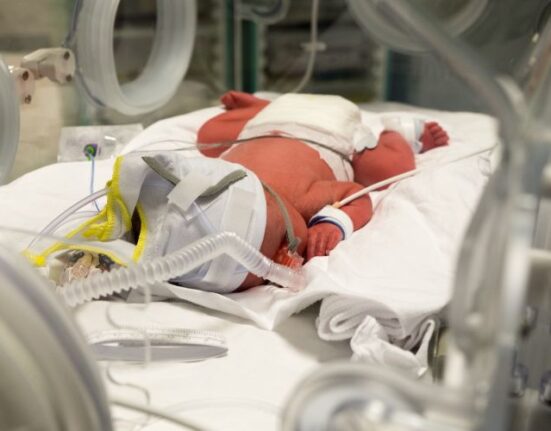We still have a way to go, but the world is crawling out from beneath the weight of the COVID-19 pandemic, slowly but surely. With a staggering death toll and dramatic lifestyle changes, this one event has changed society in innumerable ways. It has undoubtedly impacted healthcare. Examining how COVID-19 has changed the face of healthcare can help us take our first steps forward.
Increase in Telehealth
With hospitals swamped with COVID-19 cases, healthcare had to find new ways to handle standard medical issues. Since everyone was self-isolating in their homes, one solution was to dispense with previous regulatory reservations to increase telehealth access. The implications of this go beyond shelter-in-place warnings. Those with limited mobility or access to a doctor’s office will reap the benefits long after the pandemic is over.
Regulatory Changes
Telehealth isn’t the only area where healthcare providers needed to reexamine regulations. The surge of COVID-19 cases caused a shortage of essential medical equipment. And because the hospitals were busy caring for these cases, they couldn’t dedicate the time to perform the clinical tests necessary for the FDA approval companies needed in order to produce new equipment. As such, the FDA had to work with companies to get new equipment to patients despite previous regulations.
Emphasis on Disease Prevention
Hospitals have always taken steps to sanitize equipment, utilize hand sanitizer, and prevent the spread of disease. But COVID-19 has caused the public to focus on disease prevention on an unprecedented scale. An unintended consequence was the public sector buying out sanitizer and PPE, leaving hospitals scrambling to find their own. Now, hospital PPE is available on a much larger scale.
COVID-19 has changed the face of healthcare and every other aspect of our lives. While we will never be able to undo the past year of history, we can learn from the changes and move forward from them.
















